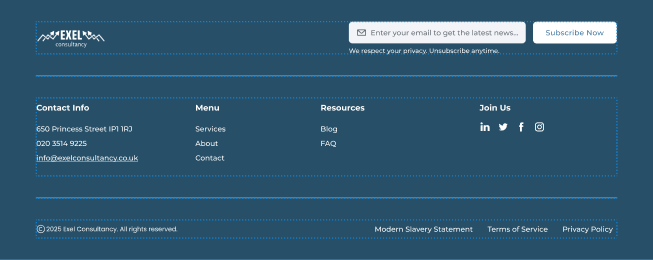
With the WordPress REST API, you can fetch posts, pages, and custom post types by sending HTTP requests to specific endpoints.
Let’s make a fetch request in the blog/page.js file to fetch all posts in your WordPress CMS and then finally make a request to fetch each post dynamically in the blog/[postId]/page.js based on the id parameter passed.
With the WordPress REST API, you can fetch posts, pages, and custom post types by sending HTTP requests to specific endpoints.
Let’s make a fetch request in the blog/page.js file to fetch all posts in your WordPress CMS and then finally make a request to fetch each post dynamically in the blog/[postId]/page.js based on the id parameter passed.
With the WordPress REST API, you can fetch posts, pages, and custom post types by sending HTTP requests to specific endpoints.
Let’s make a fetch request in the blog/page.js file to fetch all posts in your WordPress CMS and then finally make a request to fetch each post dynamically in the blog/[postId]/page.js based on the id parameter passed.
With the WordPress REST API, you can fetch posts, pages, and custom post types by sending HTTP requests to specific endpoints.
Let’s make a fetch request in the blog/page.js file to fetch all posts in your WordPress CMS and then finally make a request to fetch each post dynamically in the blog/[postId]/page.js based on the id parameter passed.
With the WordPress REST API, you can fetch posts, pages, and custom post types by sending HTTP requests to specific endpoints.
Let’s make a fetch request in the blog/page.js file to fetch all posts in your WordPress CMS and then finally make a request to fetch each post dynamically in the blog/[postId]/page.js based on the
Jones Pottyidparameter passed.
